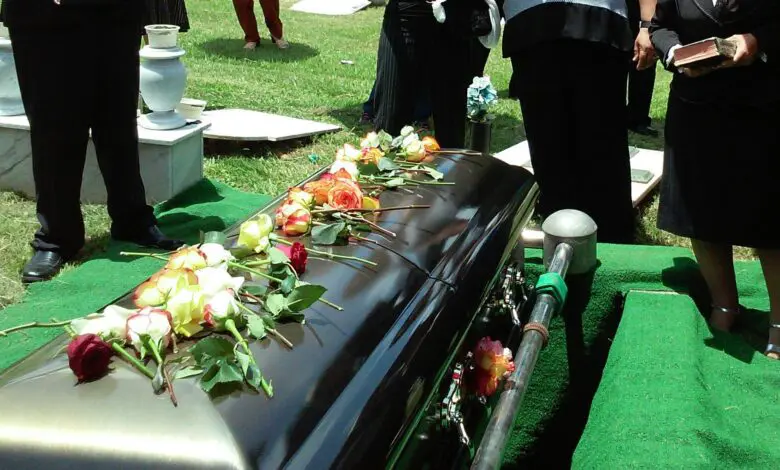More young people consider traditional burial, L&G finds
When broken down by age, more young people lean toward traditional burial and older generations prefer cremation

Some 60% of 16 to 24-year-old people have reported that having a traditional funeral ceremony is important to them, while just 43% of people aged over 55 said the same, an L&G survey has revealed.

